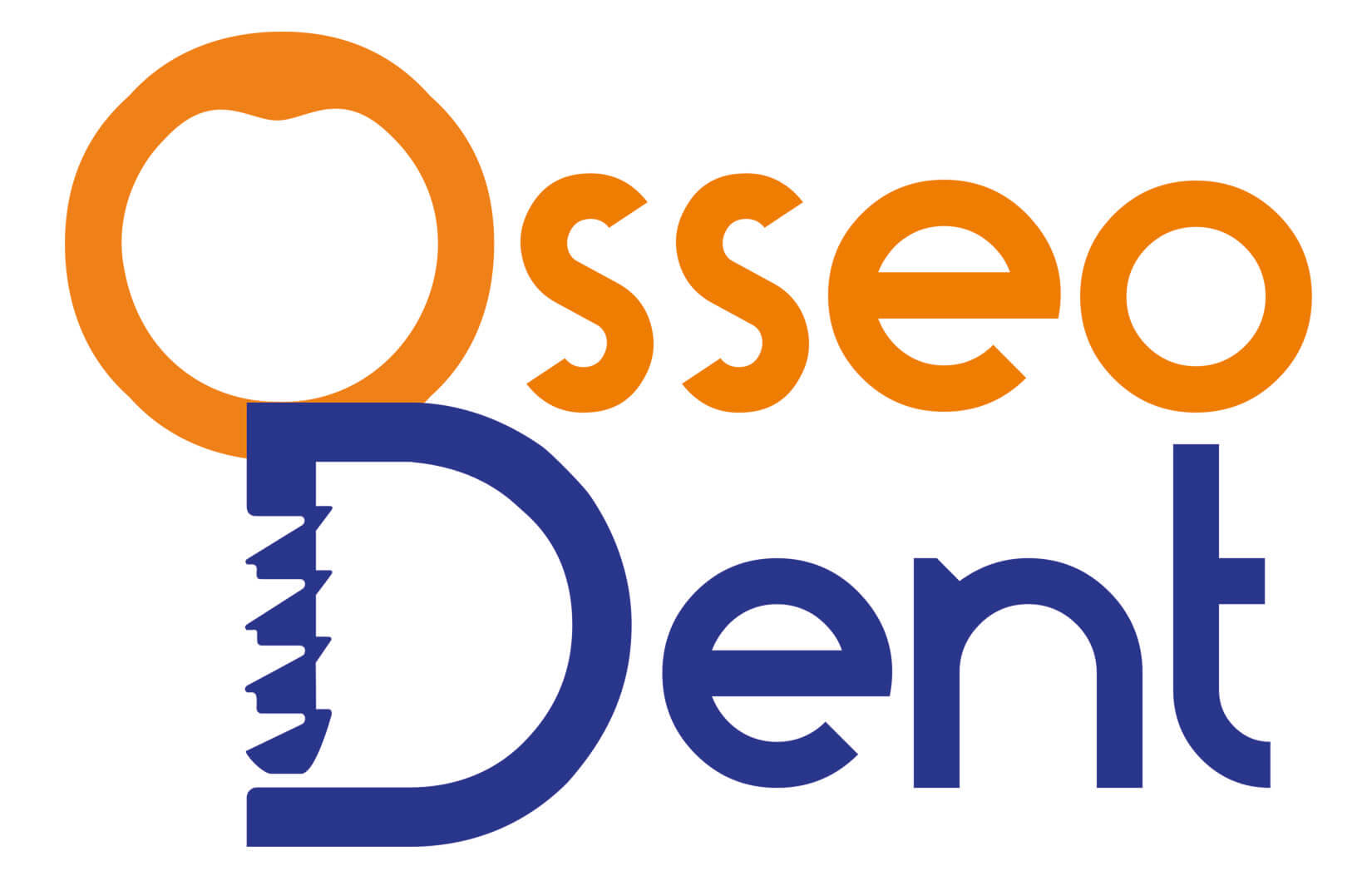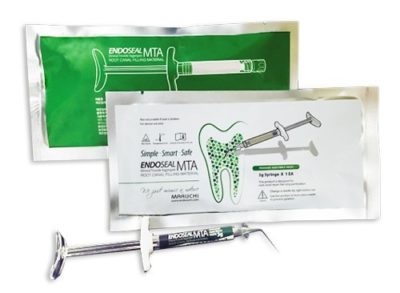Maruchi Endoseal MTA
Compare to Endosequence BC Sealer (Brasseler) and MTA Fillapex
Instructions and flow chart click here
FAQ click here
Scientific articles click here
ENDOSEAL MTA is a paste-type root canal sealer and filler based on pozzolan cement that has excellent physical and biological properties of MTA. It is part of the family of products known as calcium silicate-based endodontic sealers. Endoseal is premixed and pre-loaded in a syringe that allows direct application of the sealer into the root canal without requiring powder/liquid mixing, unlike other products. The product has outstanding flowability and maneuverability, which makes it possible to completely fill the root canal system including accessory and lateral canals. It is eugenol-free and will not impede adhesion inside the root canal.
Endoseal MTA Indications
ENDOSEAL MTA is developed for root canal filling and root perforation repair, effectively preventing periapical tissue irritation as well as secondary infection.
- Permanent obturation of the root canal system
- Root perforation repair
- Pulp revascularization
Endoseal Composition: Calcium silicates, Calcium aluminates, Calcium aluminoferrite, Calcium sulfates, Radiopacifier, Thickening agent
Endoseal MTA Properties
Composition Calcium silicates, Calcium aluminates, Calcium aluminoferrite, Calcium sulfates, Radiopacifier, Thickening agent
- Premixed and pre-loaded in a syringe: No powder/liquid mixing required!
Endoseal MTA Science and Technology
 The inside of the root canal system has high humidity due to residual moisture in the dentinal tubules. MTA solidifies into a hard structure by absorbing the moisture from the surrounding tissue and has outstanding sealing capacity and biocompatibility. Therefore, it is appropriate for root canal treatment. Endoseal MTA solidifies by absorbing the moisture from the surrounding tissue and producing calcium hydroxide during the process that penetrates into the dentinal tubules, and it creates hydroxyapatite extensively. In addition, it induces regeneration of the surrounding damaged hard tissue.
The inside of the root canal system has high humidity due to residual moisture in the dentinal tubules. MTA solidifies into a hard structure by absorbing the moisture from the surrounding tissue and has outstanding sealing capacity and biocompatibility. Therefore, it is appropriate for root canal treatment. Endoseal MTA solidifies by absorbing the moisture from the surrounding tissue and producing calcium hydroxide during the process that penetrates into the dentinal tubules, and it creates hydroxyapatite extensively. In addition, it induces regeneration of the surrounding damaged hard tissue.
Endoseal MTA Biocompatibility
Since Endoseal MTA is a root-end filling material based on MTA, it has superior biocompatibility and little inflammation. These characteristics of Endoseal MTA have been verified by many researchers and published at SCI journals.


Endoseal MTA Antibacterial effect
Endoseal MTA has a high PH and excellent antibacterial effects. E. faecalis, which is most commonly observed in teeth where endodontic treatment has failed, is very difficult to control with conventional intracanal instruments and cleansing, and is resistant to intracanal medicament. If a root canal sealer has antibacterial effects against E. faecalis, the root canal treatment will have higher predictability.

Endoseal MTA Hermetic sealing
2% dimensional change of Endoseal MTA occurs only during the setting process. Afterward, it rarely expands as shown in the table. In addition, Endoseal MTA is naturally penetrated even into unreachable spaces, where a dentist could not fill, during complete hardening time (12 hours).

Endoseal MTA Hard Tissue formation
Endoseal MTA not only has excellent sealing ability, but it also promotes hard tissue formation around the infected tooth. The superior ability of the hard tissue formation can be seen by various genetic tests.



